We started IDM in June of 2012. Since then I have worked with over 8000 patients helping them navigate through fasting and adopting various degrees of low-carb, health-fat diets. There are always two reasons why I see patients get ‘stuck’ during their journey: excess consumption of certain foods and poor meal timing habits.
In part 1 of this two-part series we are going to talk about the most problematic foods we have observed in the IDM Program over the years. Please be careful while reading this post It isn’t that you can never have these foods – you can have ALL of them. In fact, you can eat them every day that you eat! It’s just a matter of being sensible about your consumption of them. Now the notion of being sensible or consuming everything in moderation is tough because we all have very different ideas of what those things mean. This post will provide you with recommendations on how to include these foods into your diet in a way that has permitted our patients to achieve optimal success.
Nuts and Nut Butters
Nuts and nut butters are a great low-carb, healthy fat option. They’re also a very familiar food when you’re new to changing your diet, and this is what makes them so appealing for people. In a world where you’ve avoided fat and eggs like the plague for decades, you’ve always been told that nuts and nut butters are a healthy snack. When you’re following a high-carb, low-fat diet, there are many easy and tasty snacks available. We tend to not overconsume nuts because there are so many other options out there. What happens when we cut-out all those high-carb snacks? What do we do then? We go for the good, healthy nuts.
When you start your low-carb journey you must change a lot of your eating habits, and it can be very overwhelming. It’s very easy to gravitate towards what’s familiar. Nuts are very familiar and it’s easy to grab a handful here and there. The problem is that a handful here and there adds up, especially if you are eating regular meals too. Nuts are high in great fats but in large quantities tend to be quite high in carbohydrates. Don’t forget about the protein too! If you’re struggling with insulin related issues, then you need to be mindful of your protein intake. Excess protein that your body doesn’t need to build and repair will be converted to glucose in the liver via a process called gluconeogenesis.

How to eat them?
If you’re going to eat nuts and nut butters, then make them part of your meals. Do NOT snack on them or use them as meal substitutes on a regular basis.
- Add them to salads
- Mix them in with stir-fries and other vegetables
- Crush them and add them on top of meat and poultry
- Have a small side dish of them during your meals
- Limit to no more than ½ cup per eating day
- Eat them earlier in the day and avoid consuming them after 4:00 PM
Dairy
Like nuts, dairy is also familiar food that we tend to go overboard with when we cut out the carbs and other foods we would regularly consume. As a result, we tend to over do it. Cooking with fats like coconut oil or cooking with fat period is often very strange to people who are new to low-carb but adding milk coffee or eating cheese isn’t. People often eat just way too much of this stuff at the start, and it has the same consequences as nuts and nut butters do.
I have found that eating dairy makes 50% of the patients I’ve worked with satiated and the other 50% of them ravenously hungry. This is because a lot of people aren’t just sensitive to the lactose in dairy but also to a dairy protein called casein. Many people do not digest this protein very well at all, and this appears to cause an inflammatory response in the body when consume. People become bloated, tired, and hungry. This even happens with good quality, organic dairy. If this sounds like you, then you may want to cut-out dairy altogether for a few weeks and see if you notice any improvement in your appetite, digestion and weight-loss.
If you are sensitive to dairy at the start, don’t worry! I’ve seen many patients who can’t tolerate dairy at the start be able to eat it and digest it well several months after going low carb.

How to eat dairy?
We also want to make sure that any dairy we’re consuming is part of our meals. It’s also a good idea to avoid snacking on dairy as well.
- Add to salads
- Grate or melt on vegetables, meat and poultry
- Have a few slices with a meal during your eating window
- Limit to 4 ounces or 100 grams of dairy per eating day (not including butter or ghee)
- Eat your dairy earlier in the day
Fatty Beverages
There is no difference between having a fatty coffee or tea and eating a full meal. That’s the bottom-line. It’s exactly like eating a meal and your body will fuel off it for several hours. This means that your body will be fueling off the fat from your coffee or tea rather than you own body fat, which is especially counterproductive if you are trying to fast. You want to be fuelling off your belly fat or your neck fat while fasting, not off of the fat in your tea or coffee.

When to drink fatty beverages?
It’s important to be cautious with your consumption of these fatty drinks, but they can really save us in certain situations.
- Only as a training wheel when you are new to fasting – you want to try to cut it out within the first month
- If you need to add cream or milk to your tea or coffee on fasting days, try to keep it to less than three teaspoons per day on a fasting day
- If you need to add cream or milk to your tea or coffee on eating days, try to make sure you consume it during your eating windows – don’t drag it out for the entire day!
- As a meal replacement on your eating days if you know you need to eat but just don’t have time to make a full meal – I’ll often have a fatty tea and an avocado covered in extra virgin olive oil if I’m in a rush but need to eat and feel full
- Drink before going to a party to suppress your appetite and avoid consuming tempting high-carb foods
Fat Bombs

The good news about adopting a diet that is high in healthy fats is that fat tastes VERY good! Something that tastes great and is also good for us – now that’s amazing! The problem is that it’s our nature to think that if something is good for us, then a whole lot of it is great for us. This notion is false. Anything that is good for us is bad for us in excess. Eating too little fat is unhealthy. Eating too much fat is counterproductive. We want you to eat fat until satiation and then STOP. Need to eat more fat to feel full? GO FOR IT! Feeling full? STOP EATING IT! Just don’t eat fat for the heck of it.
This is the problem with tasty fat bombs. They’re easy to make. They’re easy to eat. As a result, we tend to go to the fridge or the freezer several times a day when we feel like we want a little something. I used to have fat bombs made strictly with 100% cocoa, coconut oil and macadamia nuts. Every time I got stressed out during the day and felt the urge eat, I would stuff my face with a fat bomb when I would have previously had some potato chips or pretzels or a cookie. Guess what? I stopped losing weight.
How to eat them?
Do I have fat bombs in my home? Yes, I do. It’s just making sure I consume them at the right time.
- When you get home from a meal out and still feel hungry
- During parties and holidays to prevent you from eating junk – just don’t expect to lose weight!
Natural and Artificial Sweeteners
Most people won’t argue that artificial sweeteners are bad for us but there is a lot of debate about whether natural sweeteners are okay. I’ve worked with thousands of people and can tell you from my experience that they are problematic more often than not. I’m not usually pushy with my patients about things like stevia. I will always be patient and see how the patient responds since we are all very different and nutritional advice should be personalized, but these natural sweeteners are almost always problematic. Patients will often struggle with fasting, losing weight and lowering their blood sugar levels. Eventually they get frustrated that they aren’t getting the same results as others and start to cut the sweetener. Within a few days they all start losing weight, seeing their sugars come down, and find the fasting about 100 times easier.
When is it okay to consume natural sweeteners?

I have found that it is best to just use them on special occasions if you use them at all. Most of us know not to expect to lose weight over holidays like Thanksgiving and Christmas, and we’re just happy to not gain weight during that time. We’re also not usually trying to fast during these times too. It’s important to make sure you have proper expectations. If you’re not planning on losing weight or fasting during the holidays, then add in the keto pumpkin pies and gingerbread cookies.
These sweeteners often cause diarrhea, which can leave you dehydrated and depleted of electrolytes. If you do consume them during a holiday, then it’s best to follow-up with a fat fast for a few days.
- Megan Ramos, IDM Program Co-Founder and Therapeutic Fasting Expert

By The Fasting Method
For many health reasons, losing weight is important. It can improve your blood sugars, blood pressure and metabolic health, lowering your risk of heart disease, stroke and cancer. But it’s not easy. That’s where we can help.

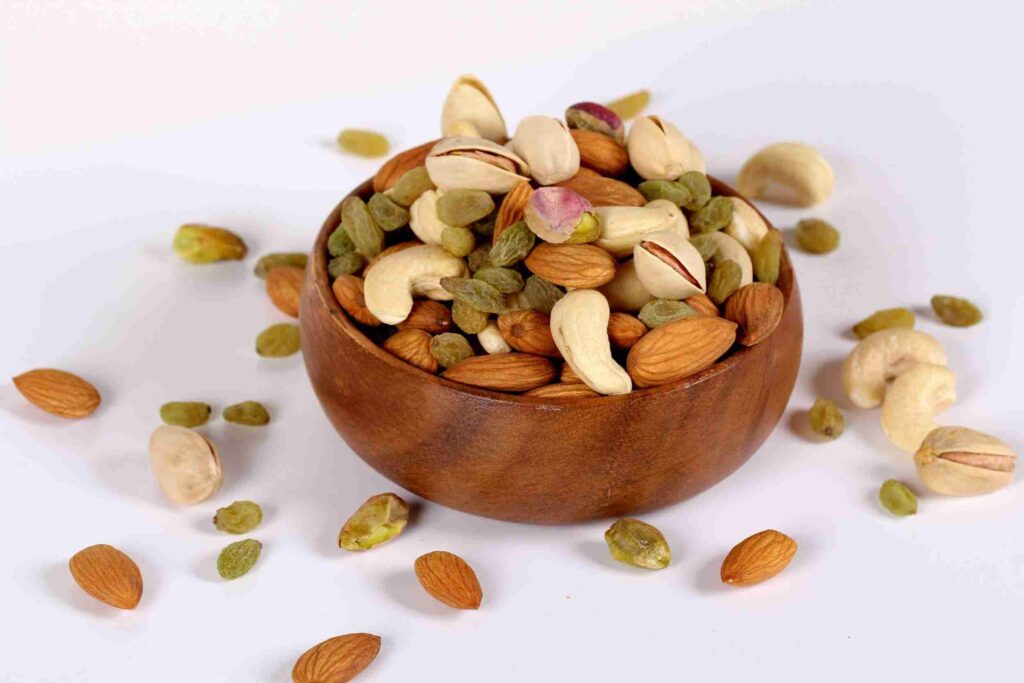

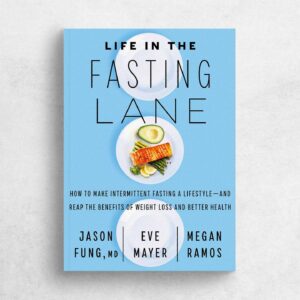
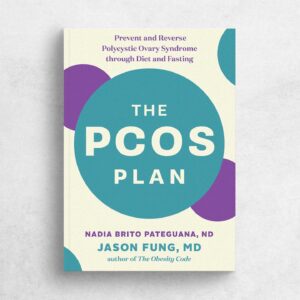
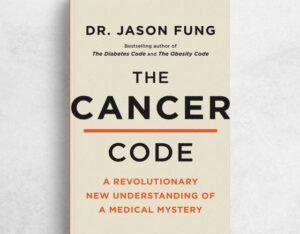
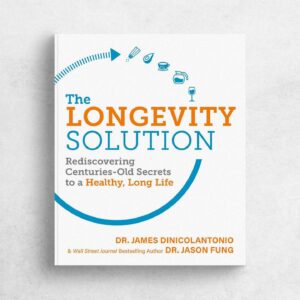
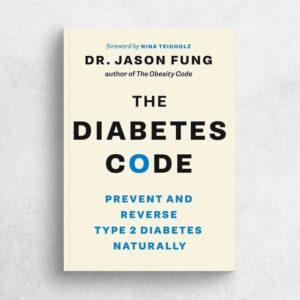
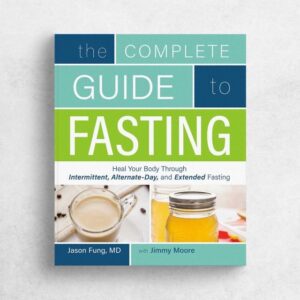
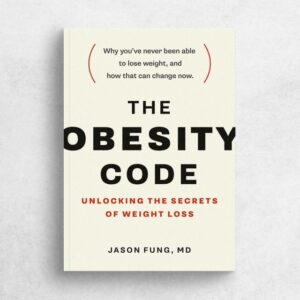
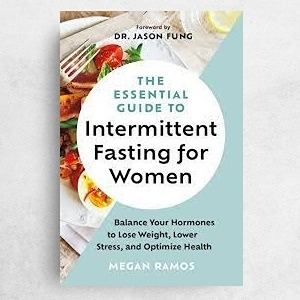
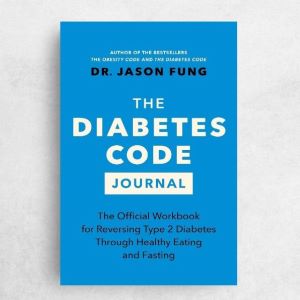
Responses